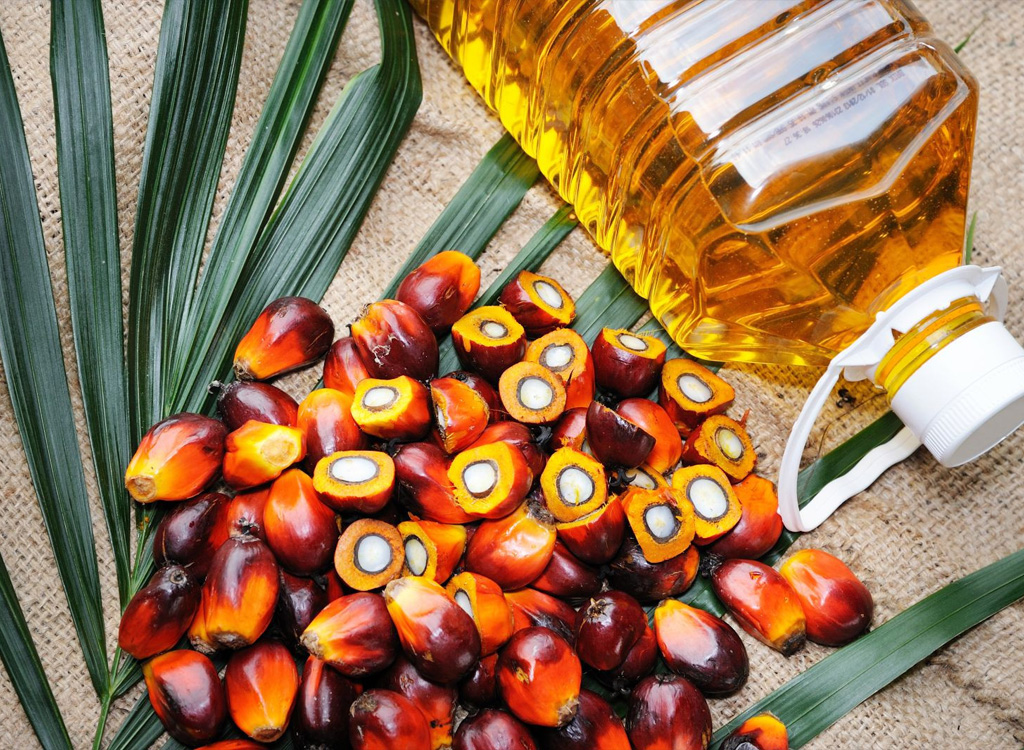The Planters’ Association of Ceylon has called on the Government to urgently lift the ban on oil palm cultivation, warning that continued restrictions are costing the nation heavily in foreign exchange and lost economic opportunities.
According to the PA, over US $175 million has been spent on edible oil imports between 2021 and 2025, funds that could have been substantially offset through local palm oil production. The ban, imposed abruptly in April 2021, has stalled progress toward edible oil self-sufficiency, weakened the plantation sector, and hindered Sri Lanka’s broader economic recovery.
Historical Context and Investment Losses
Oil palm cultivation was first introduced in Sri Lanka in 1968, gaining momentum in the early 2000s as Regional Plantation Companies (RPCs) sought alternatives to loss-making rubber. By 2016, the Government had endorsed expansion up to 20,000 hectares and provided tax concessions to encourage growth. In response, leading plantation companies, including Watawala, Namunukula, Elpitiya, Horana, and Malwatte Valley, invested over Rs. 23 billion in nurseries, mills, and research facilities.
The 2021 ban forced the abandonment of hybrid seedlings and young plants worth over Rs. 550 million, specifically bred for Sri Lanka’s soil and climate. Many of these saplings, expected to yield for up to 25 years, remain unused, symbolising policy inconsistency and wasted national wealth. PA Secretary General Lalith Obeyesekere stressed that “every day the ban remains, the country loses money, opportunities, and credibility.”
Economic and Social Impact
The ban has created a ripple effect across industries and rural communities. Previously, the sector contributed around Rs. 2.5 billion annually to rural households, supporting over 5,000 direct jobs and 21,000 dependent livelihoods. Workers in oil palm plantations earned nearly double wages compared to tea and rubber counterparts. The bakery and confectionery industries, valued at over Rs. 200 billion, have faced steep price hikes for margarine and cooking oil, costs ultimately passed on to consumers.
Palm oil, PA notes, produces three to eight times more oil per hectare than traditional crops like coconut or soybean, offering a sustainable solution to meet the country’s annual edible fat and oil requirement of 264,000 metric tons. Despite environmental concerns cited to justify the ban, most prior expansion occurred on degraded rubber lands without deforestation, aligning with global sustainability standards such as RSPO, MSPO, and ISPO certifications.
Global Perspective and Food Security
Globally, palm oil remains a sustainable and efficient oil crop, providing 40% of the world’s vegetable oil on just 6% of cultivated land. Countries including Malaysia, Indonesia, and India have successfully expanded cultivation while integrating smallholder farmers, zero-waste models, and environmental safeguards. Palm oil is naturally trans-fat-free, rich in antioxidants and vitamin E, and recognised by the WHO and WWF as a healthier and sustainable edible oil.
Call for Policy Reforms
The PA urges the Government to reinstate oil palm cultivation, implement sustainability standards, integrate smallholder farmers, reform import taxation, and invest in research and traceability systems. Reversing the ban could immediately reduce import expenditure, restore plantation profitability, boost rural employment, and strengthen Sri Lanka’s food security.
“The future of Sri Lanka’s plantation industry lies in forward-looking, evidence-based policies,” Obeyesekere added. “Oil palm offers a viable and sustainable alternative for the nation’s long-term economic growth and self-sufficiency in edible oils.”











Leave a comment